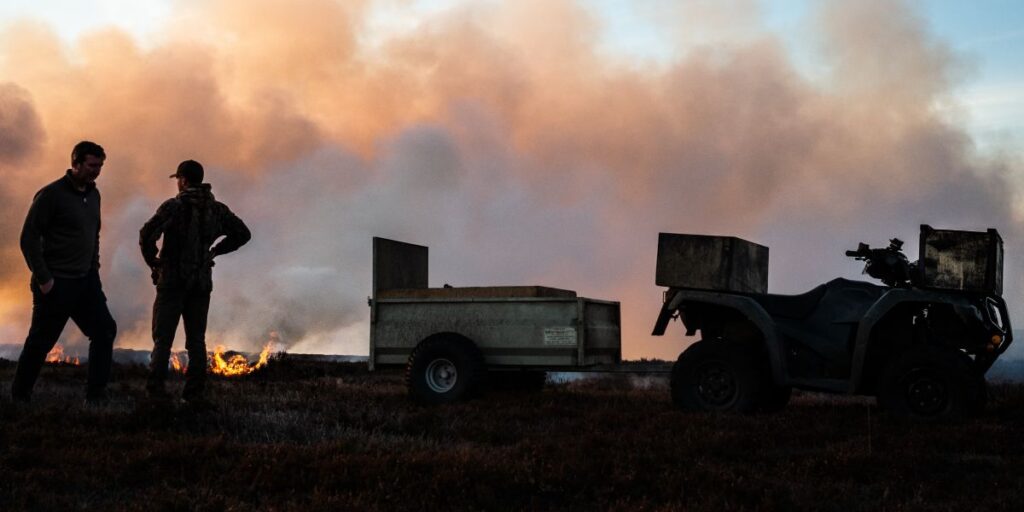
Sensible delay to Scottish muirburn licensing rollout
BASC has welcomed the Scottish Government’s decision to postpone the implementation of muirburn licensing.
Get information on the legal shooting season for mammals and birds in the UK.
Apply for funding for your project or make a donation today
Comprehensive information and advice from our specialist firearms team.
Everything you need to know about shotgun, rifle and airgun ammunition.
Find our up-to-date information, advice and links to government resources.
Everything you need to know on firearms law and licensing.
All the latest news and advice on general licences and how they affect you.
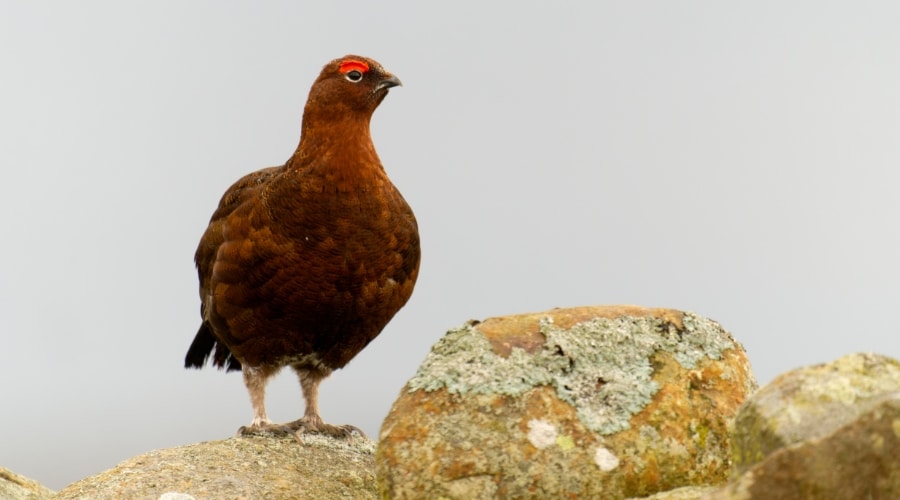
A crucial aspect of BASC’s work to protect the future of sustainable shooting is garnering political support, both in the devolved parliaments and in Westminster. As a cross-party organisation, we do this for all politicians as appropriate for a particular issue, regardless of what party they belong to.
At this time of year, grouse and moorland management are at the forefront of conversations around shooting. Scotland and the north of England are key locations, with managed grouse moors making up a significant proportion of the upland landscapes in these areas.
It’s for this reason that our teams work to educate and remind politicians about the importance of grouse shooting to the areas where it takes place, and the wider benefits to wildlife, the environment and the social and economic wellbeing of surrounding rural communities.
Specifically, shooting provides a thriving upland landscape that supports wildlife and biodiversity. Grouse moors are important havens for many moorland ground-nesting birds, such as curlew and golden plover, because of habitat management and predator control.
Indeed, lapwing, curlew and golden plover have been found to fledge more than three-times as many young when predator control was carried out, compared to without it. Birds of prey such as the merlin and hen harrier are also found in their highest numbers on grouse moors.

In Scotland, the Wildlife Management and Muirburn (Scotland) Bill poses a significant threat to the uplands as we know them. BASC has serious concerns over the contents of the Bill, which includes grouse shoot licensing. Additionally, we believe the disproportionate powers of the Bill have the ability to infringe on articles of the European Convention of Human Rights.
The Scottish Government report entitled ‘The socioeconomic and biodiversity impacts of driven grouse moors and the employment rights of gamekeepers’ shows that grouse shooting contributes a higher per hectare employment impact from grouse moors than other land uses, such as forestry. Furthermore, 60-80% of direct spending on grouse shooting occurs within the local or regional area.
We have written to MSPs to highlight the contribution made by grouse moor management to the rural economy, including the high levels of skilled employment in remote areas.
In its current form, the legislation would substantially and unfairly disincentivize grouse moor management, resulting in devastating consequences for the rural businesses, livelihoods and the environment.
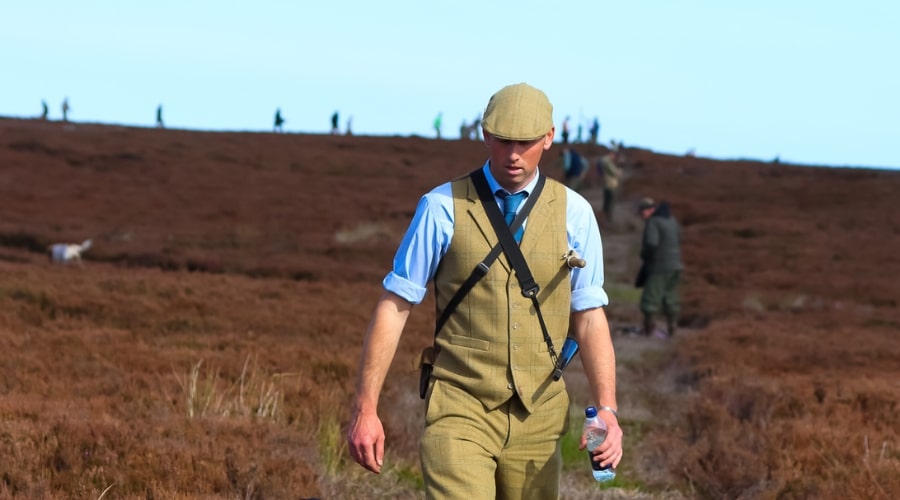
With the health of our climate being of the utmost importance, we aim to to educate politicians on the role of managed moorland in the fight against climate change.
Peatlands are the UK’s largest carbon store and gamekeepers are leading efforts to re-wet and thus restore these historically-damaged upland sponges.
Management methods such as burning, cutting and monitored grazing help to reduce the risk of wildfires by keeping the fuel load on moors low and acting as fire breaks to slow down the spread of fire, should it occur.
This essential conservation work to maintain and improve this valuable landscape and protect threatened species and their habitats is funded primarily by private investment and not at cost to the taxpayer.
Ahead of the Glorious Twelfth, we are asking politicians to work with BASC to ensure sustainable grouse moor management and its wide-reaching benefits are protected and supported for future generations.

BASC has welcomed the Scottish Government’s decision to postpone the implementation of muirburn licensing.
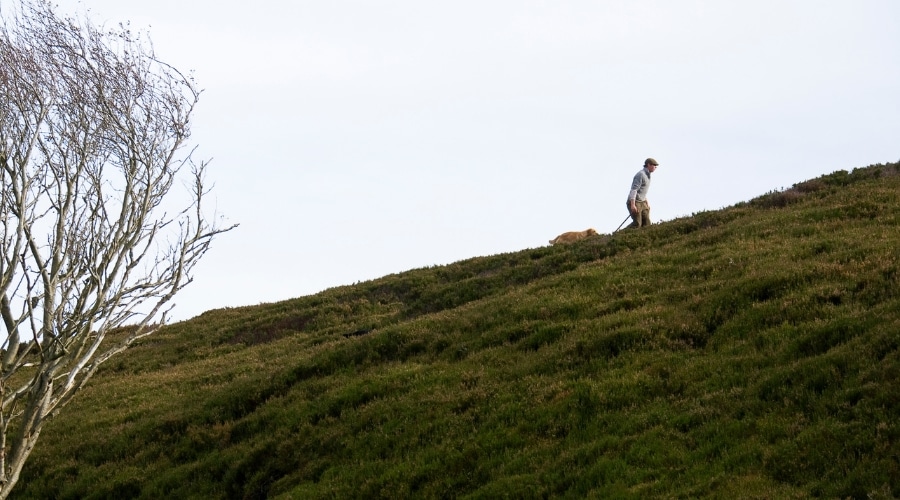
We are all in this climate emergency together, and the skills of upland gamekeepers should be held in high regard, says BASC’s Gareth Dockerty.
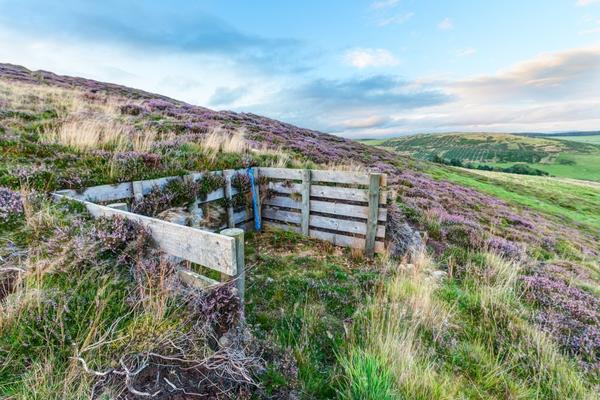
The Scottish government’s consultation on proposals to licence grouse shooting and moorland management closes on 14 December.